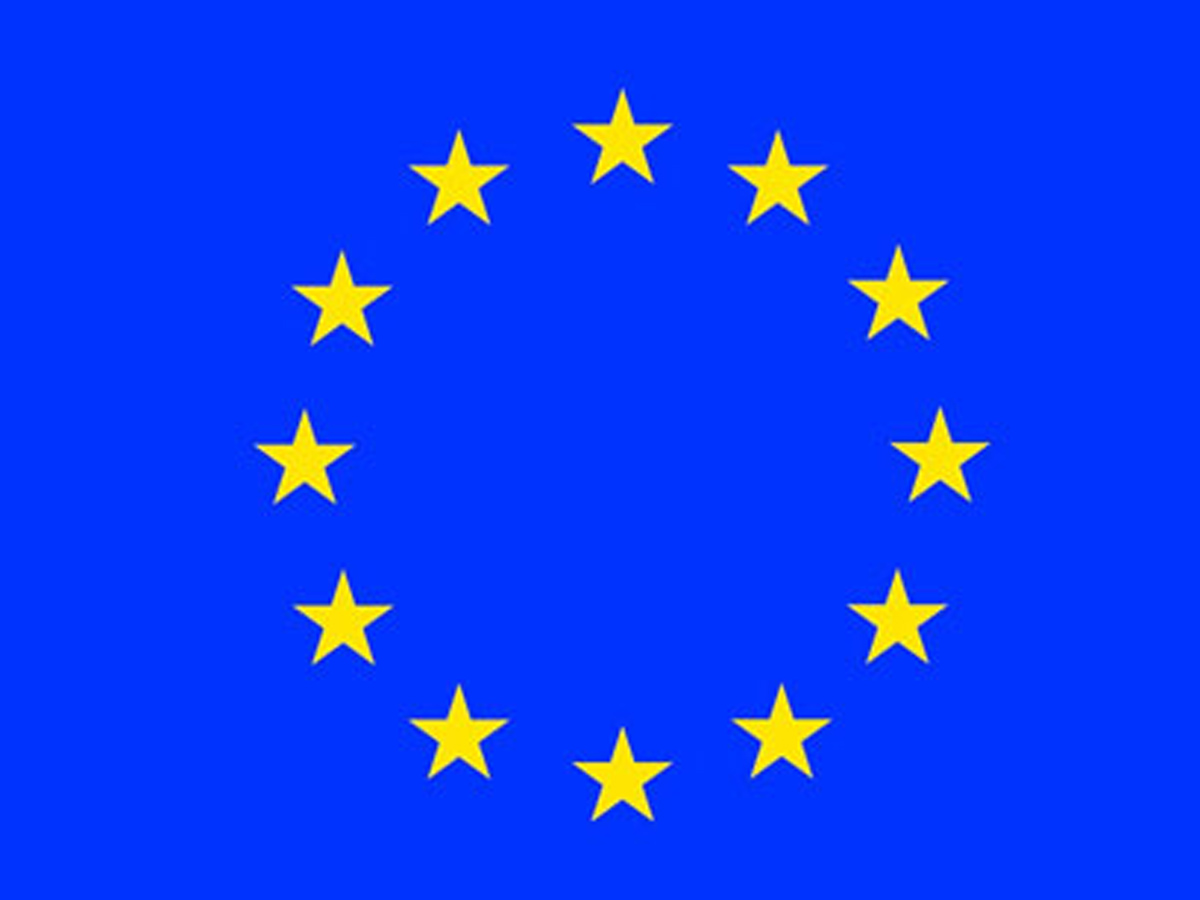The leaders of the euro zone's four biggest economies threw their weight behind a multi-speed Europe on Monday as the European Union ponders a future without Britain, Reuters reported.
The leaders of France, Germany, Italy and Spain met at the palace of Versailles to prepare for a March 25 EU summit in Rome marking the 60th anniversary of the Treaty of Rome, which paved the way for European integration.
The event has been overshadowed by a series of crises for the EU, including Britain's shock vote to leave, financial trauma and how to handle migration flows.
EU founder members France, Germany and the Netherlands all hold elections this year in which anti-EU and anti-immigration parties hope concerns over security and immigration will help them to gains that could reshape the continent's politics.
French President Francois Hollande called for unity among the remaining 27 EU members in the wake of Britain's vote to leave, but said this did not mean uniformity.
He called for new forms of cooperation to allow some EU countries to push ahead more quickly in areas such as defense, deepening of economic and monetary union or tax harmonization.
German Chancellor Angela Merkel, standing alongside the other three leaders, said the EU risked running into trouble unless it allowed members to participate at varying levels of intensity.
"We need to have the courage for some countries to go ahead if not everyone wants to participate. A Europe of different speeds is necessary, otherwise we will probably get stuck," Merkel said.
"If Europe gets stuck and doesn't develop further, then this work of peace may run into danger faster than one might think," she said.
EU chief executive Jean-Claude Juncker, who last week presented options for reforming the bloc that will be discussed at the Rome summit, has spoken positively of some states pushing ahead more quickly with integration.
But some governments, especially in the poorer east, fear this could entrench divisions to their disadvantage.
Speaking in Versailles, Italian Prime Minister Paolo Gentiloni also backed different levels of integration to allow Europe to provide different responses to different ambitions.
Spanish Prime Minister Mariano Rajoy said Spain was ready to go further with integration "with all those that wish to pursue that integration".
"In my opinion, it is necessary to complete the banking union ... it is essential to deepen the coordination of economic policies to make our economies more competitive,” he said.






